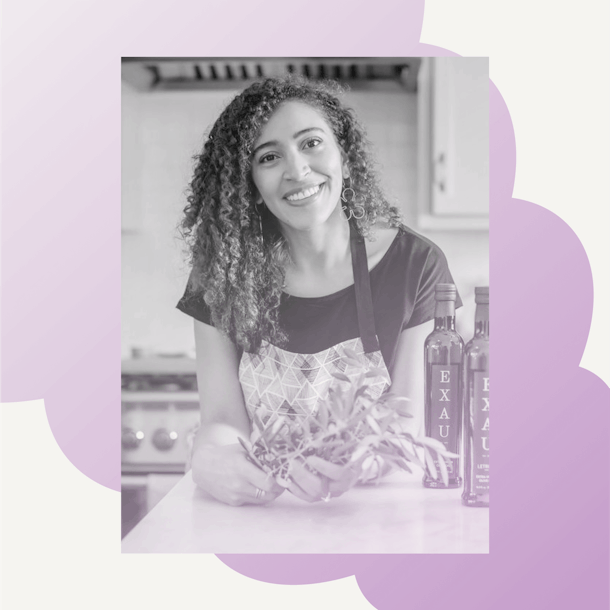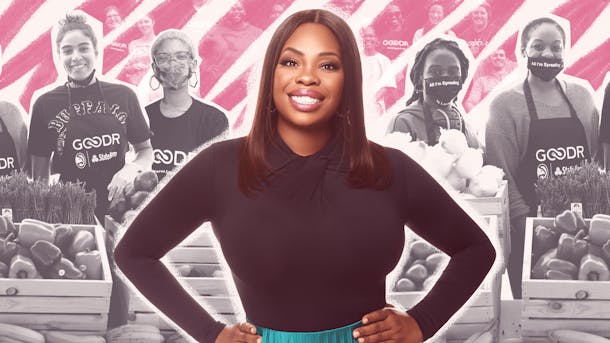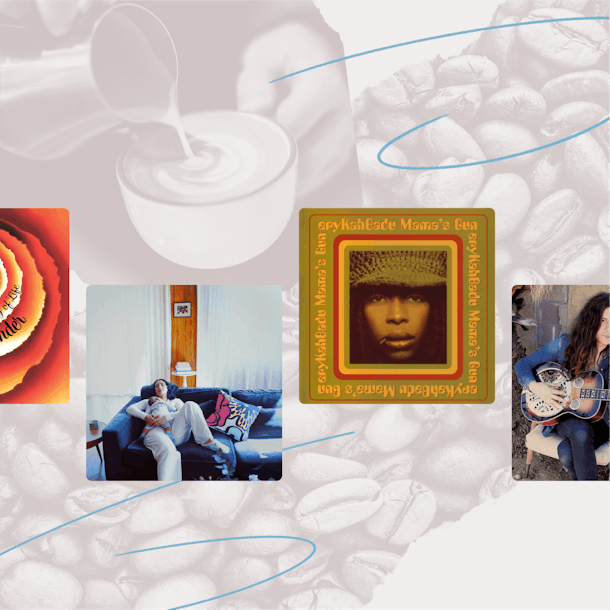
Photo Story
Build where you are: An inside look at Folk Detroit
Take a photo tour of Folk — the cafe in Detroit's oldest neighborhood that takes pride in community and works to lift up their entire small-business ecosystem.
Nestled on a corner in Corktown — Detroit’s oldest neighborhood — Folk has become a staple of daily life for its loyal customers, its tight-knit staff, and the entire Corktown community. The gourmet market and cafe offers coffee, comfort food, and thoughtfully sourced provisions. But beyond that, Folk has spent the last few years creating a stronger, more equitable ecosystem for the local farms, small businesses, and distributors with whom they partner.
In this photo essay, the founder of Folk takes us through the story of how this well-known community gathering spot came to be, building a business in Corktown, and how her team transformed Folk entirely to meet the needs of their community during the pandemic.
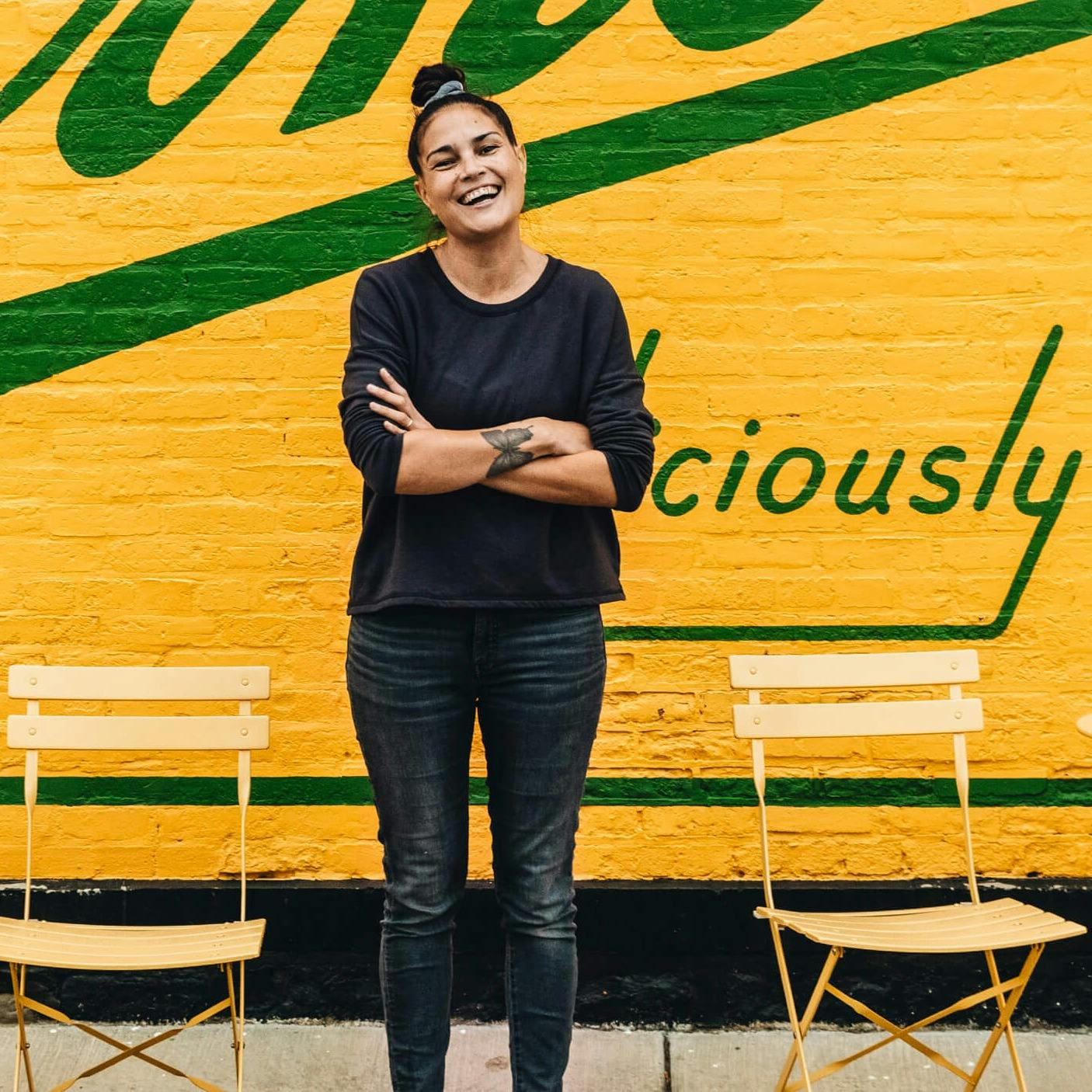
My name is Rohani Foulkes, and I am the owner and operator of Folk Detroit.
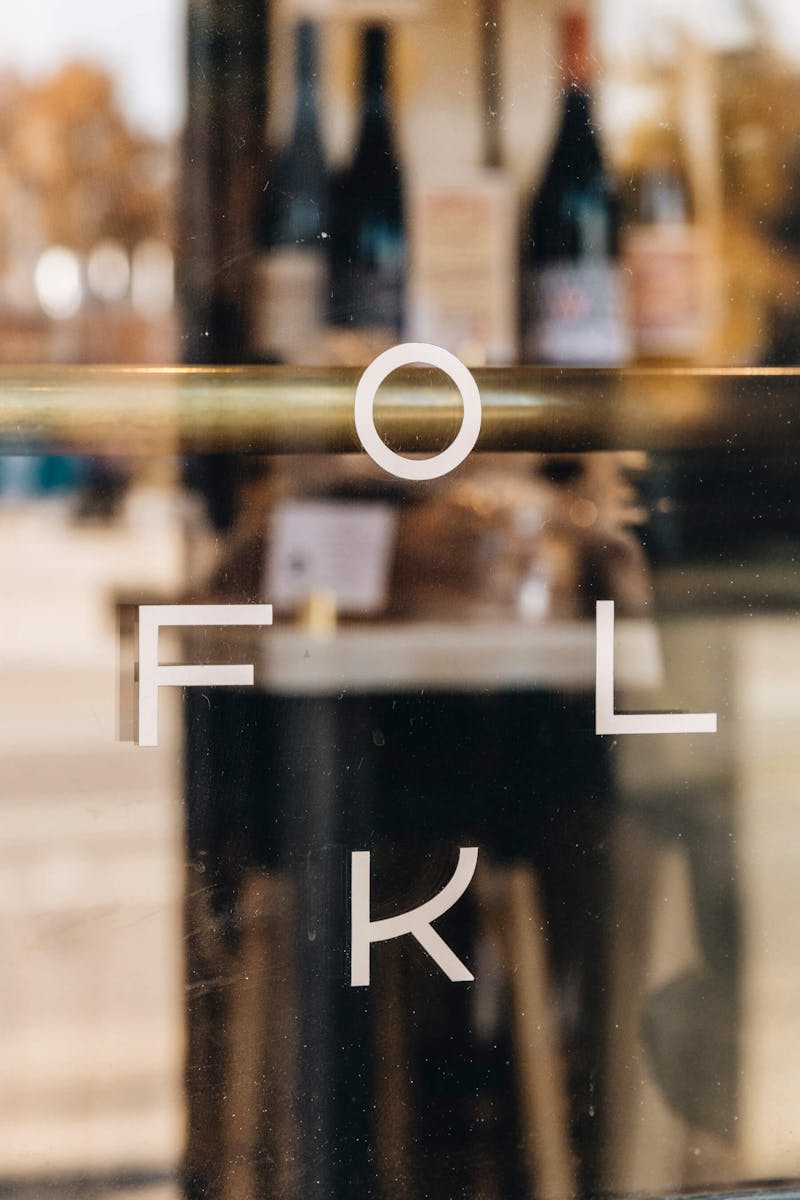
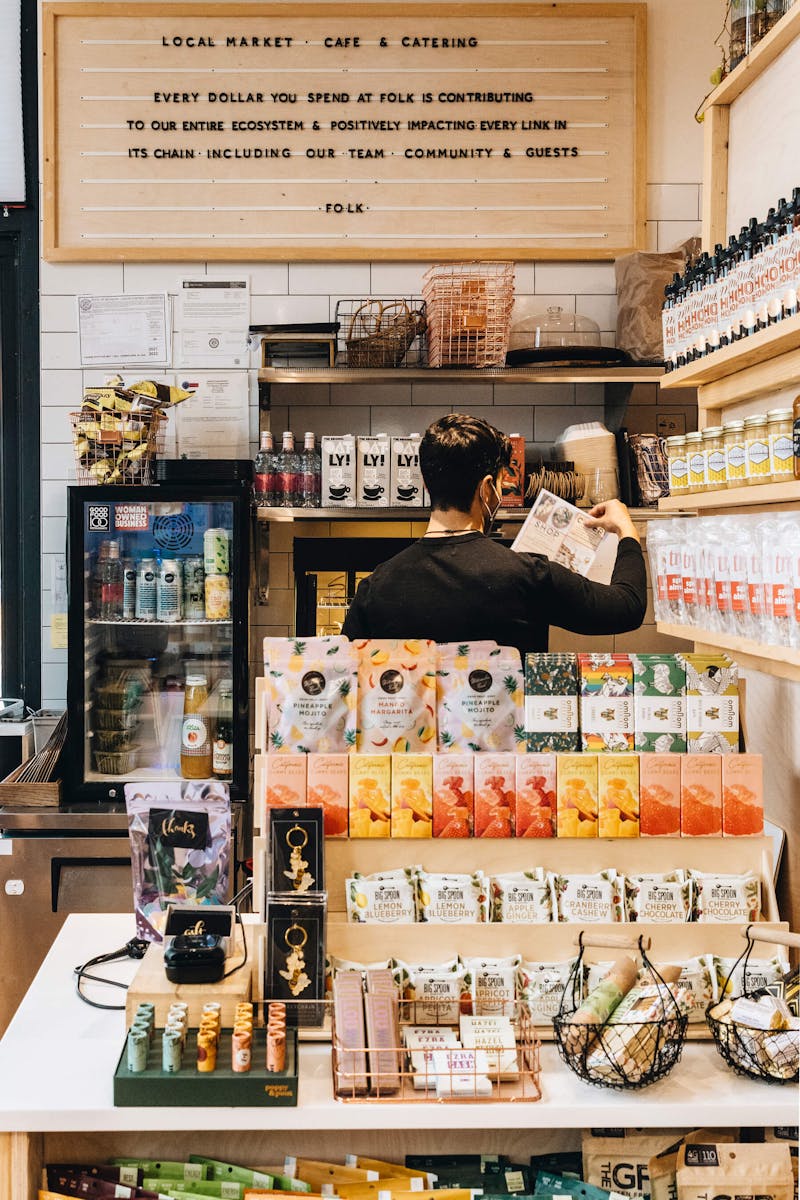
I opened Folk as an extension of another small business I co-owned at the time, a locally-focused neighborhood grocery store called The Farmer’s Hand. We wanted to be able to invite people inside to sit down together and spend more time enjoying the food we were cooking, so we opened Folk with the intention of extending our gathering capacity.
In April 2018, when we opened Folk’s doors as a full-service restaurant (primarily serving brunch), it was wildly successful.
We were recognized not just for good food and service, but also for our intentionality and mission. We source locally and support local farmers and food makers, and we pay our team an equitable and livable wage.
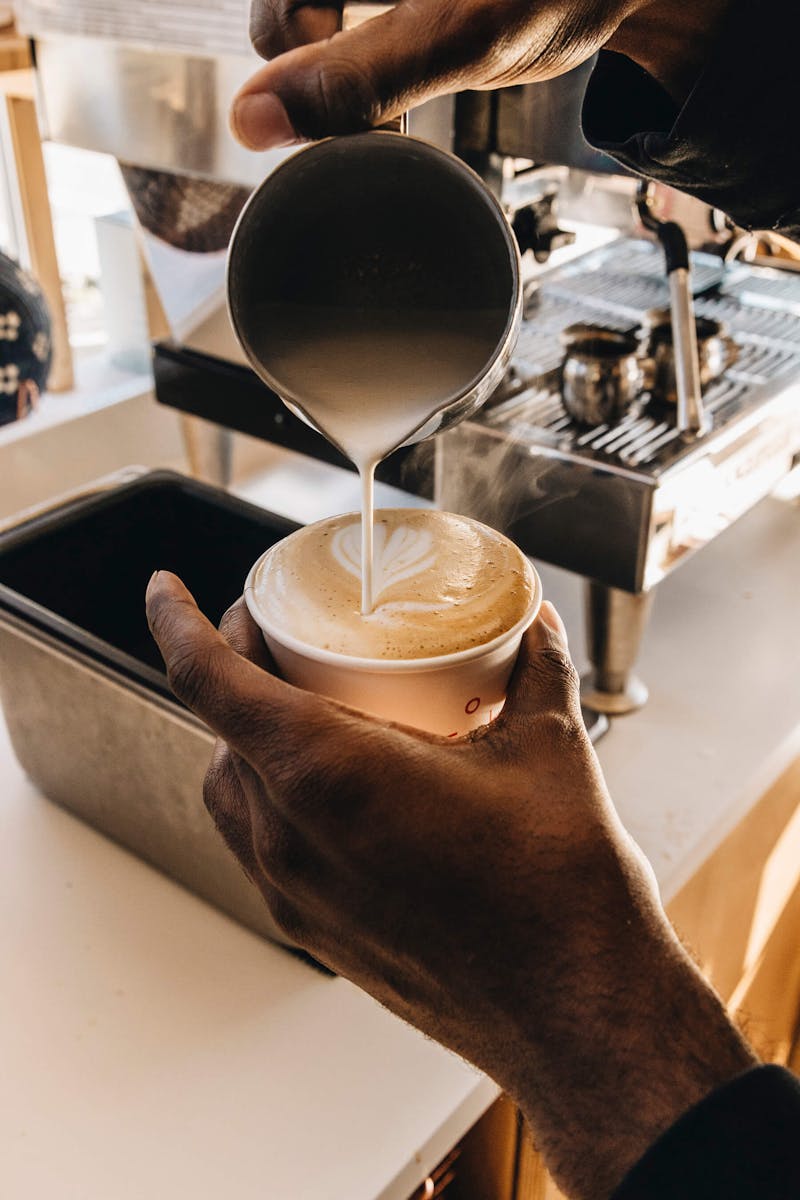


Every decision is about creating a better experience for everyone in our ecosystem, including (and especially) our customers. It’s a mission we’ve codified on our website and live by every day: “We value our customer and promise to actively listen to, respect and work on fulfilling your needs; we are a team that aligns ourselves with suppliers, neighbors, small businesses, writers and advocates that uphold shared values and responsibility in each others success; reducing our impact on the environment and developing a stronger more equitable food system for all.”

Finding Corktown and making it mine
When I first moved from Australia to the United States, I volunteered for Gleaners Community Food Bank — southeastern Michigan's largest food bank. I eventually worked full time for their cooking program.
I would spend hours and hours driving around Detroit — just exploring the city streets. Detroit is massive, and I had just moved to this foreign city in this foreign country and I didn’t know anything about it. But I wanted to. I was also scouting; I knew that one day I’d love to open something of my own.
One day I came across a building in Corktown that was all boarded up. It had been abandoned for a while, like a number of other buildings and homes in the city.

I remember sitting there, just looking at it and thinking: Oh, that's it. That would be a perfect spot.

The Corktown neighborhood is a residential community with deep roots. Folk is tucked back into the neighborhood, away from busy Michigan Avenue. This neighborhood is my home. I raised my kids in this community, they went to these public schools.
There's a really interesting mix of multi-generational homes here, younger families moving in, low-income families, and now some high-income individuals and families moving into the neighborhood, too. Because of the strength and the hard work of the small-business community and our business and neighborhood associations, Corktown has become sort of a destination for good food, drinks, and shopping.
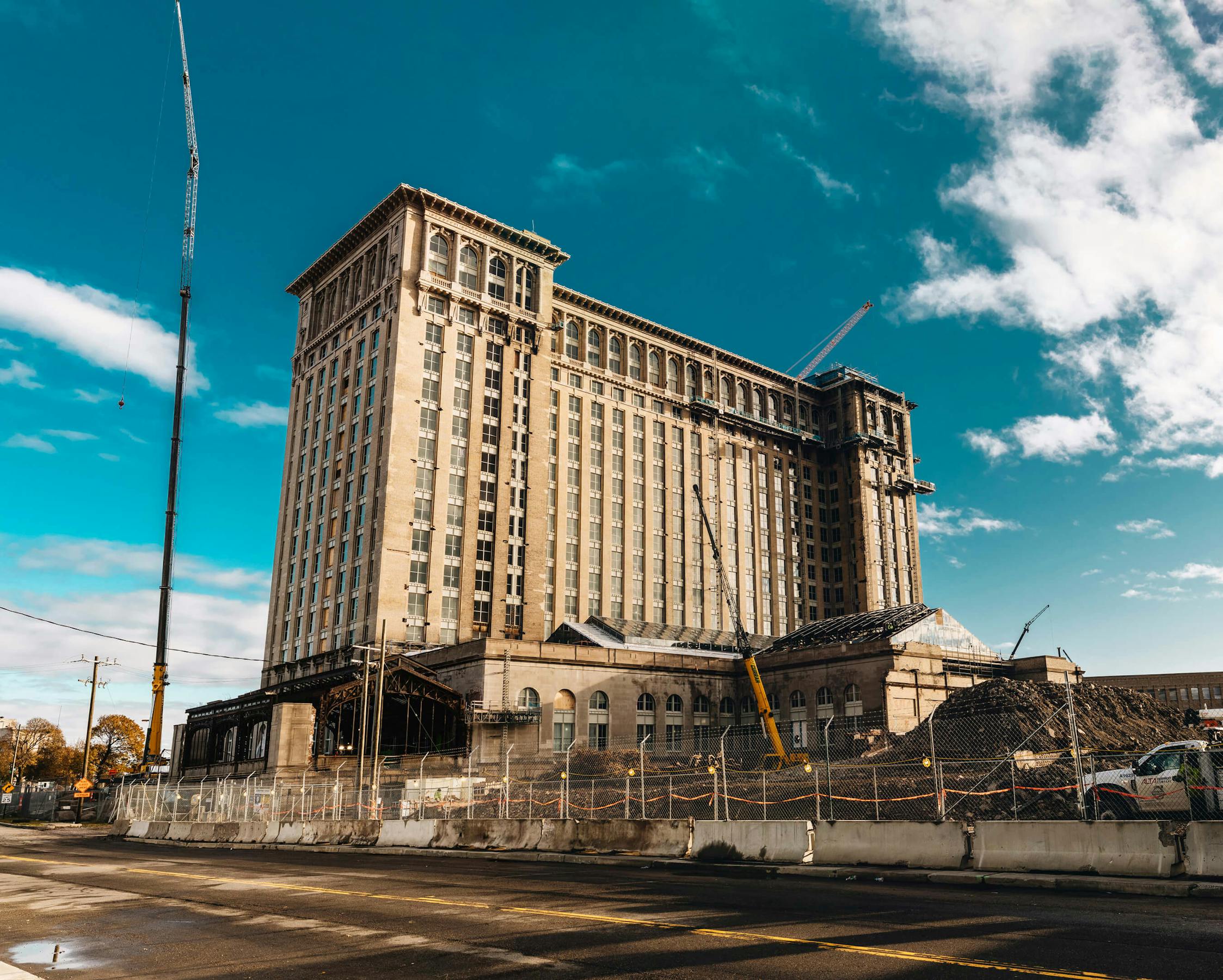
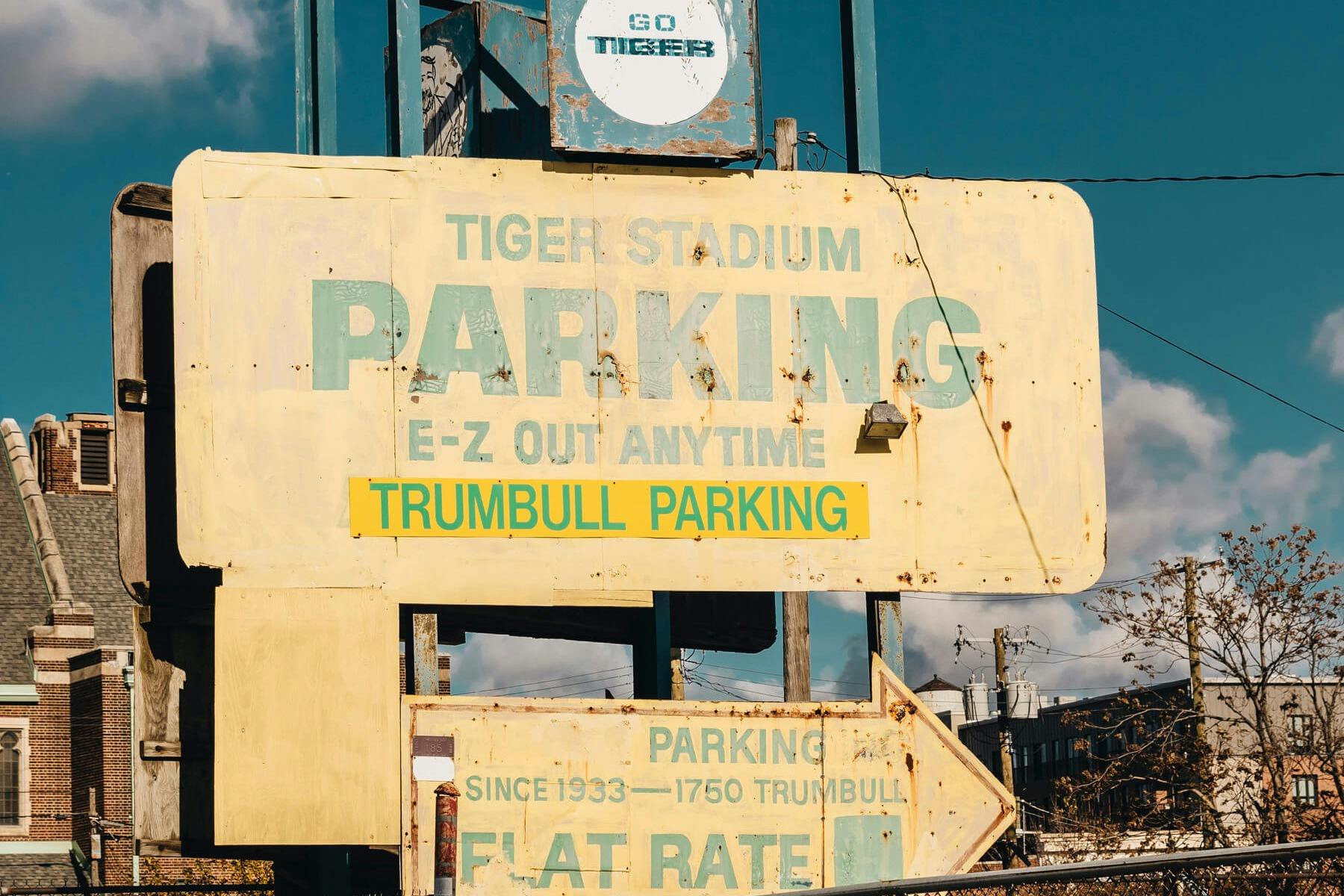

I’ve seen the Corktown community, the neighborhood, and other businesses experience growth in the past few years, but it's not quite the same kind of exponential growth that downtown Detroit has seen over the past five years.
But our somewhat sleepy neighborhood is about to open more doors and get a lot more day-to-day foot traffic with Ford’s redevelopment of the old Michigan Central Station building. It’s a multi-million dollar renovation that will bring thousands of employees to the neighborhood.

The Folk mission endures through Covid
In early 2020, my business partner left Folk right when the pandemic really started to impact businesses and the world at large. On Sunday, March 15th, we had our last full-service brunch at Folk. The next day, the governor announced mandatory shutdowns.

The thought of leaving Folk empty was really hard. I stood inside of her — and I always refer to Folk as a 'her' — and it just broke my heart.
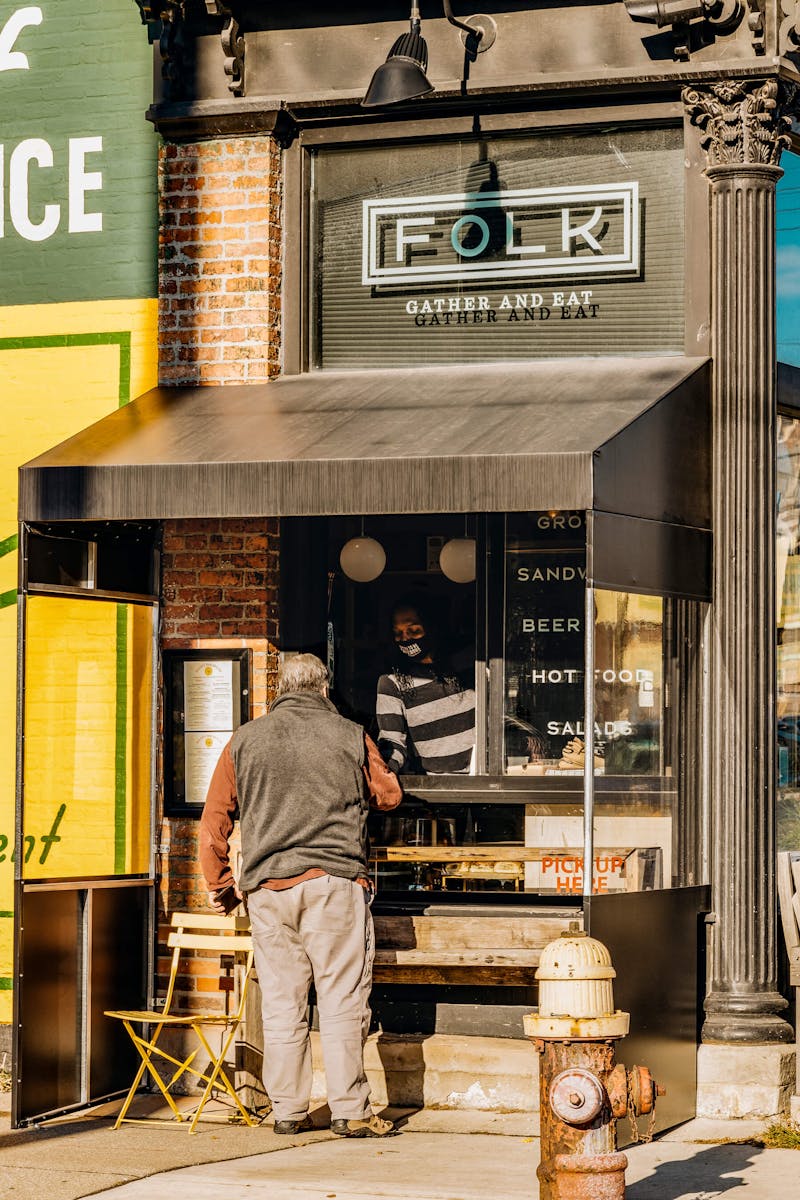

In such a tough time, mentally and emotionally, with everything happening at once, I just couldn't stand to leave her alone. So we started a market and pickup model in March 2020, and we're still doing it today.
We decided to use the resources we had access to and to source food from the same people we always had. The idea occurred to me because of my prior grocery experience at The Farmer’s Hand — I knew how to put this pickup model together on the fly.
Within five days, a team made up of me, my son, Folk’s chef, and a couple of mates had taken all the stools and tables out of Folk — everything that made it look like a restaurant — and we started packing boxes with staples like butter, oil, flour, sugar, fresh fruit, dairy, meat, you name it. All the staples you could think of were packed into boxes to feed the community. We also provided bags of groceries free of charge to hospitality workers, many of whom had lost their jobs.

Detroit, and this area in particular, is a historically underserved community when it comes to access to fresh groceries and high-quality foods. So it all just made so much sense to me.
The whole time, I understood that I could lose my entire team, but we kept going.



Sourcing responsibly and supporting small businesses
We are committed to a more equitable workplace within our industry. Folk’s website says: “Every dollar you spend at Folk is positively impacting every part of our ecosystem, including our sources, team, community, customers, and the environment. We achieve this by always sourcing responsibly grown and made provisions, local, organic, and handmade as much as possible; paying our partners fair prices for their products and our team higher than minimum wages, every hour of every day.”
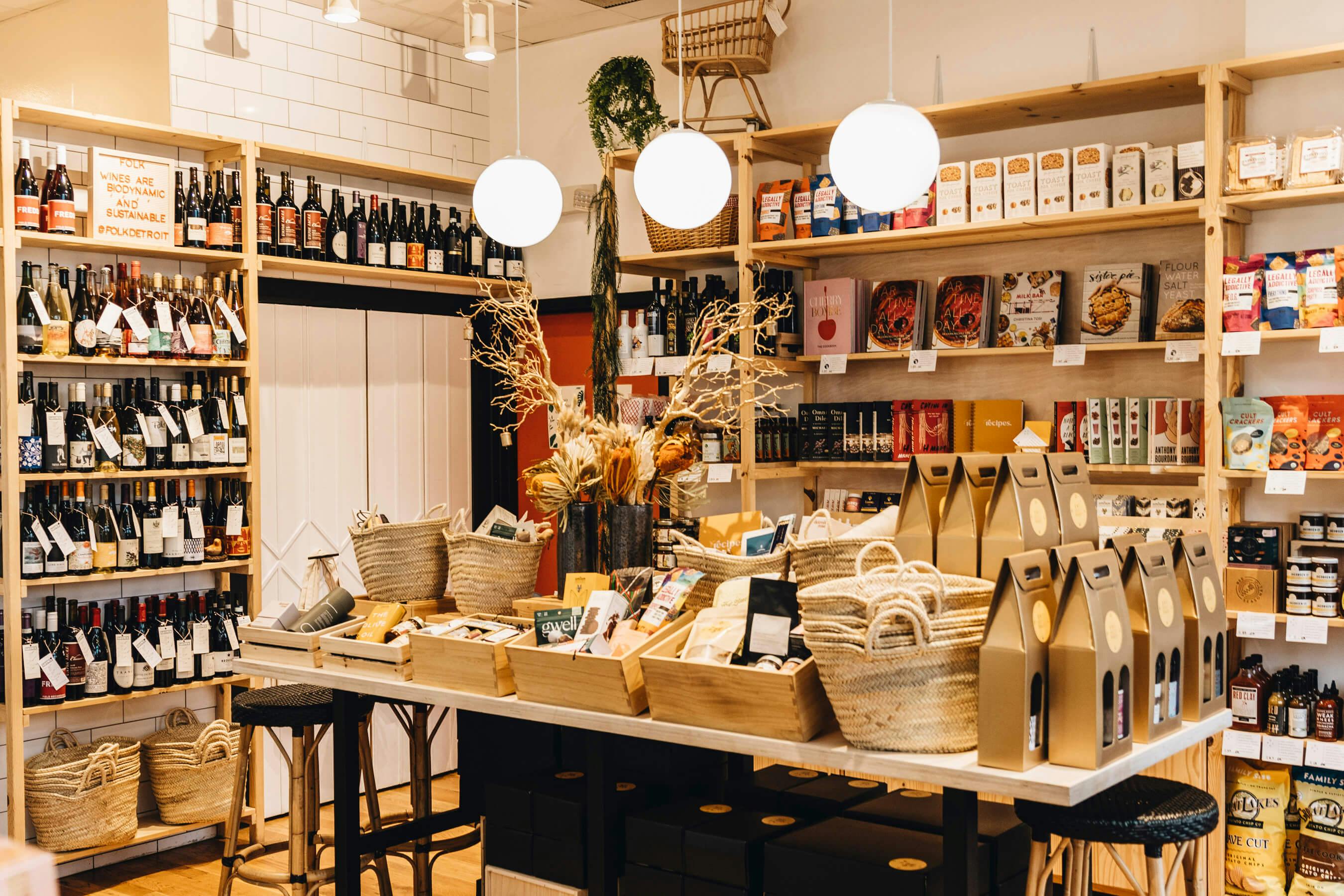
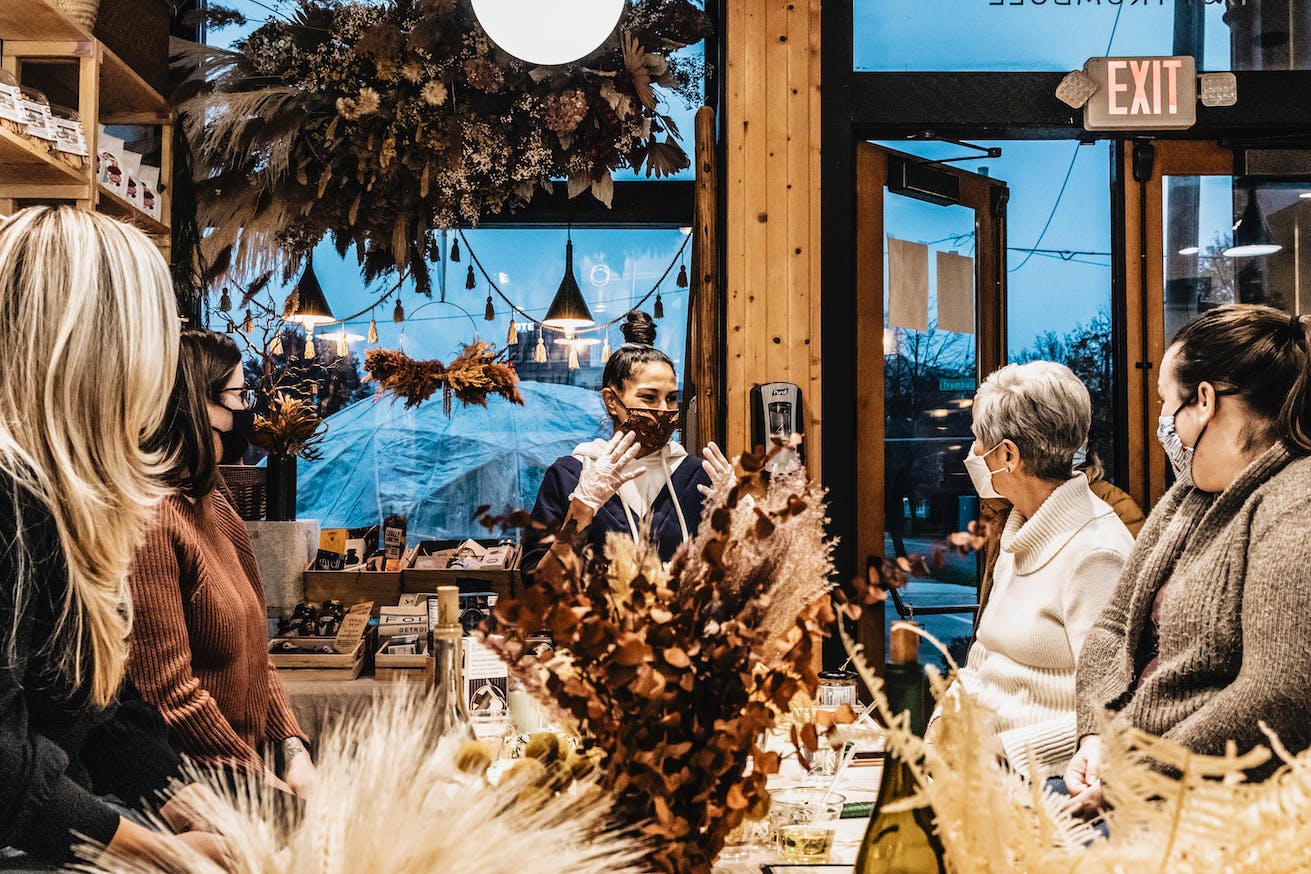
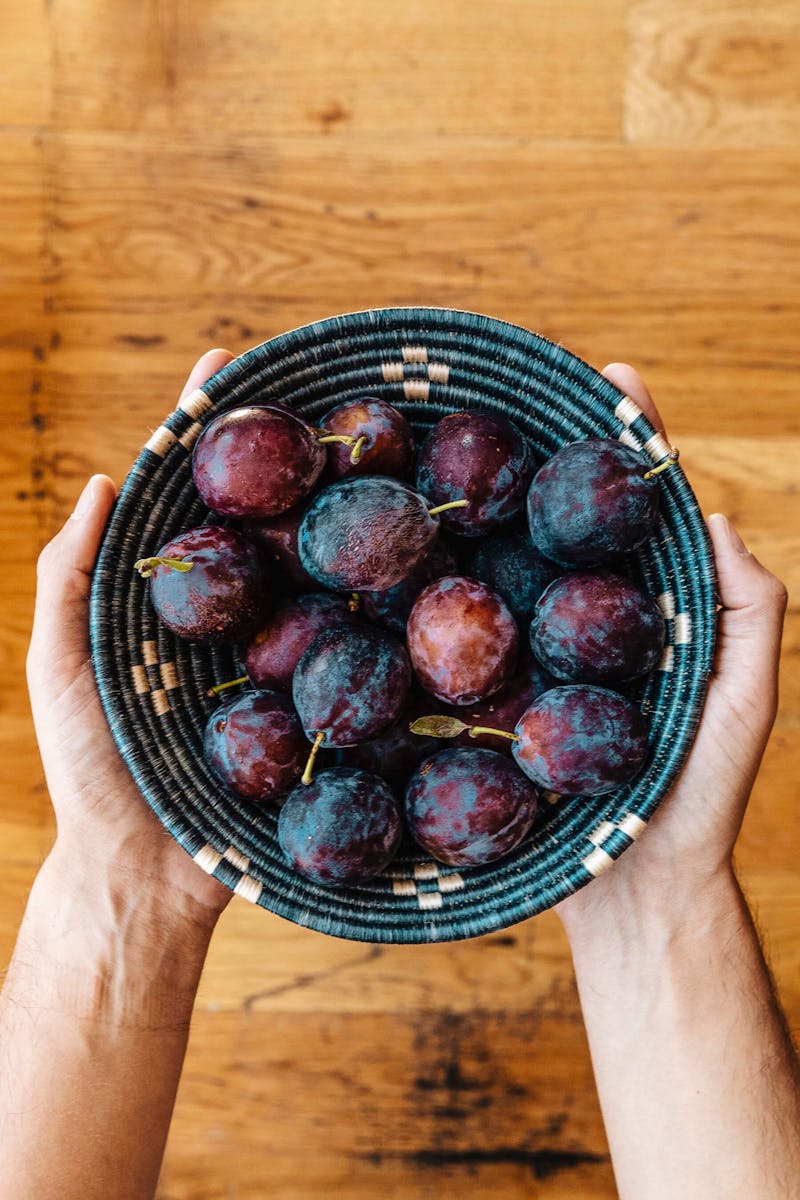
Something I’ve learned through small business ownership is that you can't do everything you want to do at once. We can't pay our farmers what they deserve to be paid, pay our staff what they deserve to be paid, set our prices at what customers think they should be, provide all of the necessities to low-income individuals, and provide products to higher earning individuals.


But what we have always done is source responsibly. For us, that means that when we can buy directly from another small business, we do. We look to source locally as much as we can, too.
When COVID hit, we made the decision to stay open — which had a ripple effect.
When we could and where we could, we collaborated in events with other small businesses to bring things like fresh flowers into the shop for Mother's Day, cakes for Father's Day, and more.
It's important to us to maintain these partnerships. While things have evolved over time, the element of supporting and collaborating with other local businesses is really important to me. I’m proud that we've been able to do that over the years in various ways.
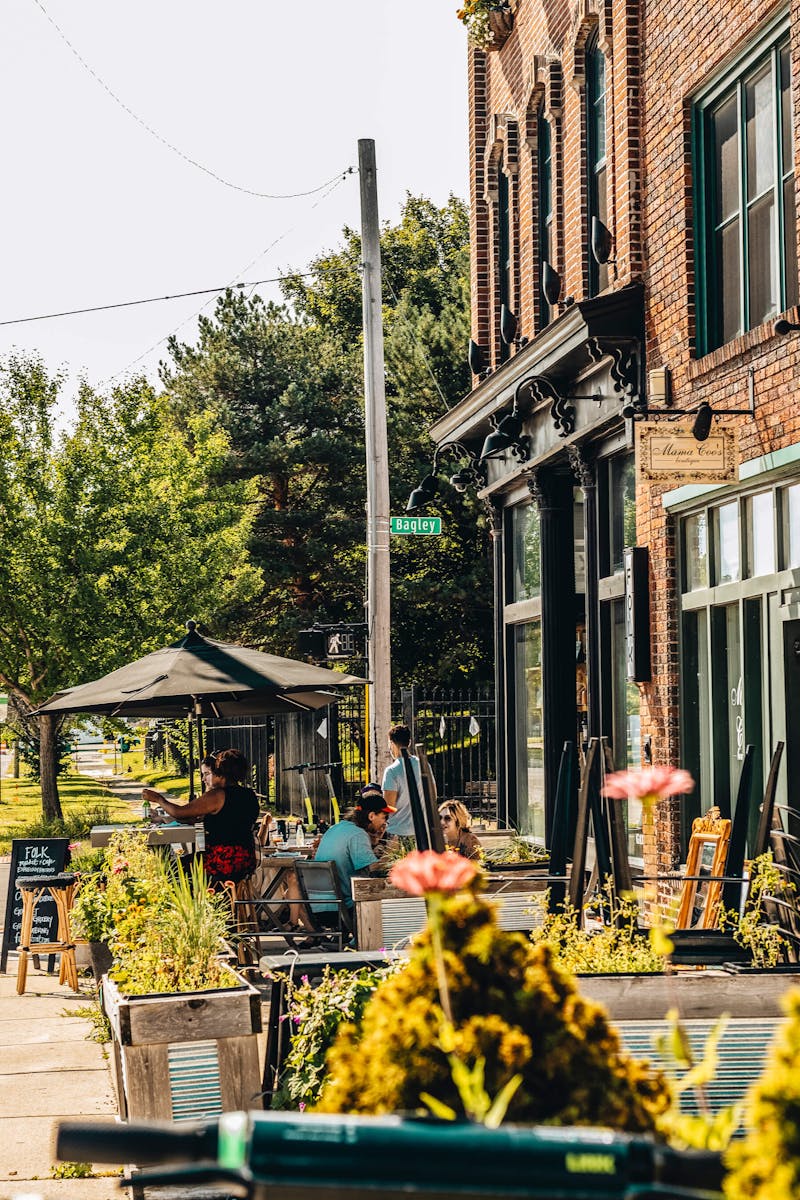


Photography by Taylor Higgins

